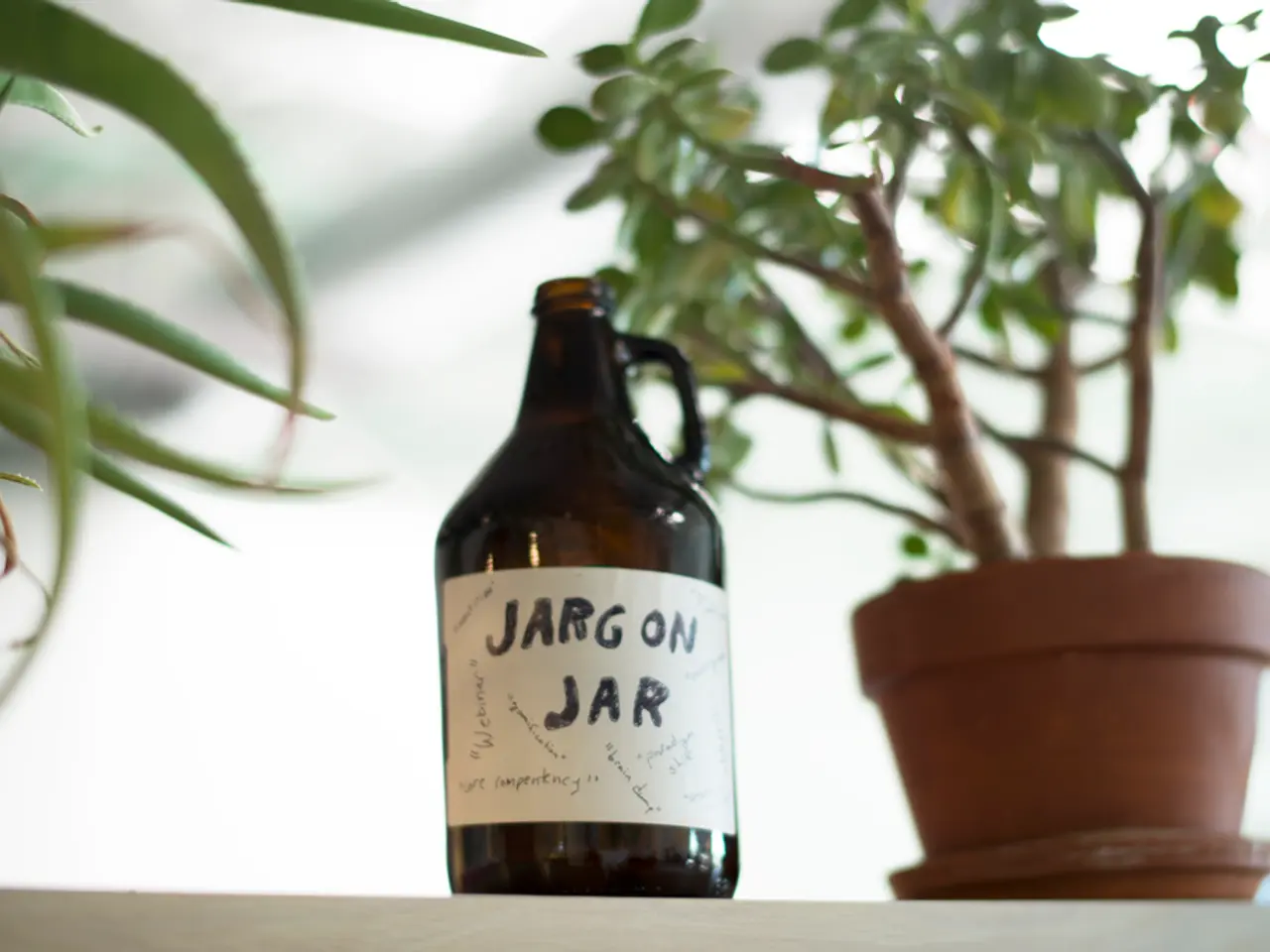Exploring Kratom for Depression: Is it Effective and Secure?
Kratom, an herbal extract derived from the evergreen tree Mitragyna speciosa native to Southeast Asia, has gained popularity in the United States as a powder, capsule, gum, or extract. However, its use as a treatment for depression is a topic of concern and caution.
The U.S. Food and Drug Administration (FDA) does not recognize kratom as a lawful dietary supplement or approved medication, reflecting concerns about its safety and unproven therapeutic benefits. Kratom is considered highly addictive, with addiction potential comparable to opioids, raising significant safety concerns, particularly around dependency and withdrawal symptoms.
Unlike psychedelics such as psilocybin, MDMA, or ketamine, which have been studied in controlled clinical trials and show promising results for depression and PTSD, kratom lacks robust clinical trial data demonstrating safety or efficacy in treating depression. Scientific focus for depression treatments in recent years has notably emphasized psychedelics and other novel pharmacotherapies rather than kratom.
A 2017 study showed that people who used kratom to self-treat mental health conditions, including depression and anxiety, reported a perceived reduction in symptoms. However, the current scientific consensus on kratom's effectiveness and safety as a treatment for depression is limited and cautious. There is no strong, conclusive evidence from rigorous clinical trials supporting kratom as an effective or safe antidepressant treatment.
For individuals living with depression, it is essential to work with their doctors to create an effective treatment plan. Prescription medications, cognitive behavioral therapy (CBT), and self-care techniques such as exercise, spending time outdoors, journaling, meditation, going to a support group, eating well, getting enough sleep, and managing stress are all valid options.
It is crucial to note that kratom can cause harmful side effects, including nausea and vomiting, dry mouth, tongue numbness, constipation, an uncontrollable urge to urinate, cognitive side effects, and, in large doses, difficulty breathing, seizures, brain swelling, liver damage, and death. Kratom use may also put consumers at risk of addiction, leading to unpleasant withdrawal symptoms such as muscle and bone pain, nausea, uncontrollable shaking, fatigue, mood swings, confusion, delusions, hallucinations, increased feelings of depression, and anxiety.
In summary, the scientific and regulatory stance is that kratom is not currently an endorsed or validated treatment for depression due to insufficient evidence of efficacy and concerns about its addictive potential and safety risks. Patients seeking treatment for depression should consult healthcare professionals and consider approved therapies or those with stronger clinical evidence.
- Theimportance of mental health is reflected in the scientific focus on psychedelics for depression treatments, with promising results noted for psychedelics such as psilocybin, MDMA, and ketamine, unlike kratom, which lacks robust clinical trial data demonstrating safety or efficacy in treating depression.
- While a 2017 study showed that people who used kratom to self-treat mental health conditions, including depression and anxiety, reported a perceived reduction in symptoms, current scientific consensus on kratom's effectiveness and safety as a treatment for depression is limited and cautious.
- In the health-and-wellness world, it's crucial to prioritize tried and tested methods for managing depression, with prescription medications, cognitive behavioral therapy, and self-care techniques being the more substantiated and safer options than kratom, given its unproven therapeutic benefits, addictive potential, and safety concerns.




